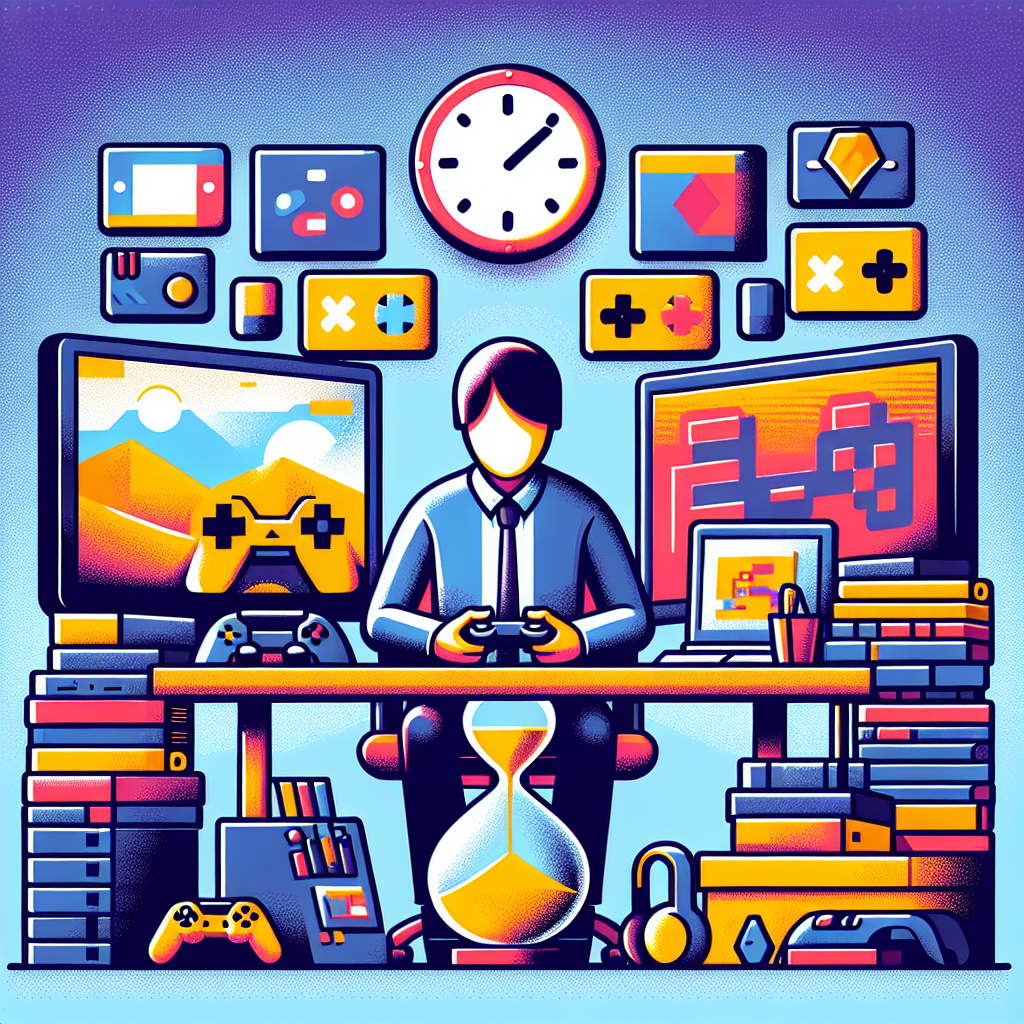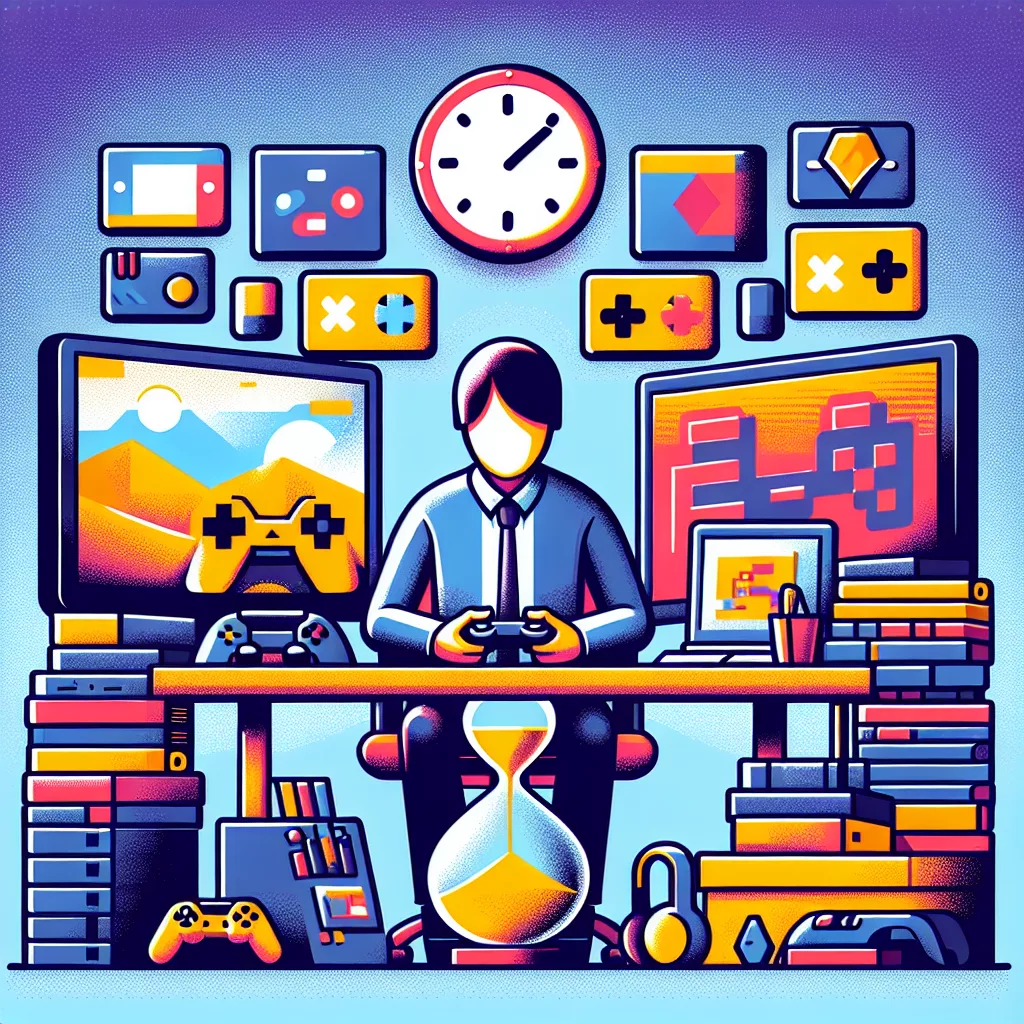Game Testers face a burnout risk due to repetitive tasks, tight deadlines, and often unpredictable hours, making it crucial to understand this role’s unique challenges.

- Repetitive tasks lead to monotony and boredom.
- Long hours lead to mental and physical fatigue.
- Tight deadlines increase stress and pressure.
- Lack of career growth opportunities can demotivate.
- High focus on detail can be exhausting.
- Minimal control over work processes and decisions.
- Limited recognition for effort and contribution.
Career burnout statistics for Game Testers indicate a moderate level of concern.
Reasons Game Testers burnout
According to the science to date there are key reasons people burnout at work. Here’s our top reasons why Game Tester in the Technology category has a burnout risk of Moderate:
As a game tester, you may be subject to certain factors that contribute to burnout. Understanding these can help you manage them better. Here are a few common reasons:
First, one of the primary issues is long hours and high demands. Game development often involves tight deadlines, requiring you to work extended hours to meet project milestones. This can lead to physical and mental exhaustion over time.
Another factor is the repetitive nature of the tasks. Your role may involve playing the same sections of a game repeatedly to identify bugs. This can become monotonous and mentally draining, especially if the tasks do not offer new challenges.
You might also face unclear career progression paths in this field. Because game testing is often seen as an entry-level position in the gaming industry, it can be challenging to envision long-term career advancement. This uncertainty might contribute to feelings of frustration and burnout.
Lack of recognition for your work can be another issue. Your testing efforts are crucial for the success of a game, yet they often go unnoticed outside the development team. This lack of appreciation can lead to decreased motivation and increased stress.
Additionally, the pressure to keep up with new technologies can add to your stress. The gaming industry is rapidly evolving, and staying current with technological advancements and trends demands constant learning, which can be overwhelming.
Finally, you may experience conflicts with work-life balance. Working late nights and weekends can interfere with personal time, making it difficult to maintain healthy relationships and leisure activities. Balancing these aspects is crucial to prevent burnout.
Burnout rate data for Game Tester/Technology
Burnout in the technology industry, particularly in the role of a game tester, is an area with emerging research, though comprehensive data is less available compared to other professions. The high-pressure environment and often tedious nature of game testing can contribute to burnout. Some studies suggest that long hours and repetitive tasks are significant factors in exhaustion and decreased job satisfaction in game testers.
For you interested in this topic, a report from International Game Developers Association highlights factors leading to burnout in game development roles, although specific data on testers is limited. You can find more information here: (https://igda.org/). Another useful resource is the Oxford Academic journal which discusses occupational stress in tech: (https://academic.oup.com/journals).
Do you have experience of Burnout as a Game Tester or in Technology?
Share your story about Game Tester burnout on our share your story page.
Burnout in Technology
Career Burnout Rates > Burnout in Technology > Game Tester Burnout


